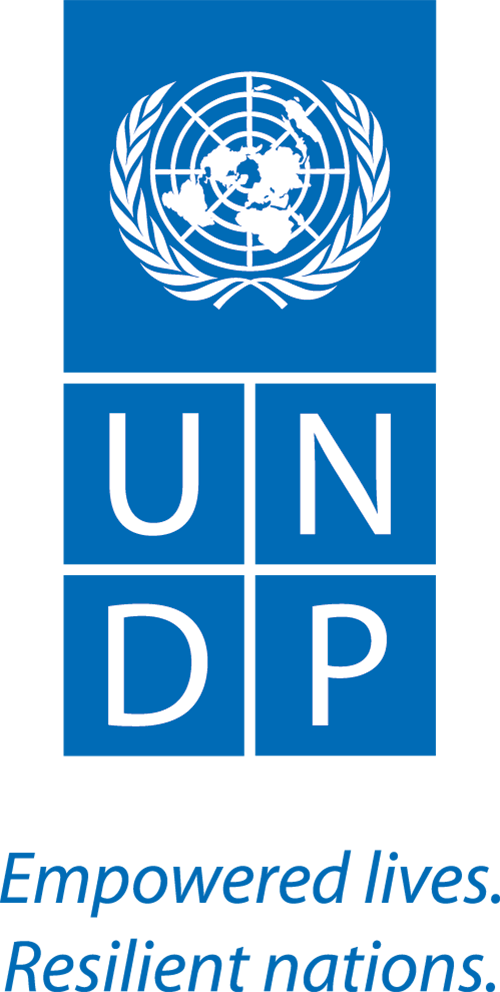Building Resilient Communities, Wetland Ecosystems and Associated Catchments in Uganda
Enhancing Ugandan subsistence farmers’ ability to deal with climate impacts.
An estimated 4 million people who live in and around Uganda’s wetlands rely on them for food security. The impact of climate change, coupled with other environmental stresses, is increasing the degradation of wetlands and associated ecosystems.
This grant-based project will assist the Government of Uganda take climate change effects into account in managing wetlands. Climate effects include increased climate variability and extreme weather events, such as droughts, floods, high temperatures and violent storms.
This project will help Uganda
- restore critical wetlands to improve ecosystem services - such as replenishing ground water, improving flood control, and enhancing the livelihoods of subsistence farming communities through fishing and agriculture;
- Enhancing the skills of people to diversify their livelihoods and become more resilient to climate shocks; and
- Improve the ability of communities in sensitive wetland areas to reduce climate risks and prepare them for climate-related disasters (including through decentralized early warning systems).
This project will target south-western and eastern regions in Uganda, home to some of this Least Developed Country’s most vulnerable people - more than half of them women. While this climate initiative is based on grant financing, positive spillover effects are envisaged in the private sector as new revenue opportunities open up for people in rural areas.
The project has an estimated lifespan of 8 years.
Project timeline
Pipeline
29 Jun 2015 • 536 days
Concept note received
29 Jun 2015
Funding proposal received
30 Jul 2015
Cleared by GCF Secretariat
10 May 2016
Approved
15 Dec 2016 • 198 days
Approved by GCF Board
15 Dec 2016
Cleared by iTAP
15 Dec 2016
Legal opinion on AE's Internal Approval
23 Jan 2017
FAA executed
08 Jun 2017
Under implementation
30 Jun 2017 • 2,834 days so far
FAA effective
30 Jun 2017
Disbursement - USD 2,617,968
13 Oct 2017
Annual Performance Report
23 Mar 2018
Annual Performance Report
01 Mar 2019
Disbursement - USD 1,782,136
07 May 2019
Disbursement - USD 3,479,526
01 Apr 2020
Disbursement - USD 4,040,468
09 Mar 2022
Disbursement - USD 4,191,529
31 Jul 2023
Disbursement - USD 3,997,739
09 Apr 2024
To be completed
31 Dec 2026 • 639 days to go
-
Financing
- Private sector
- Public sector
-
Size
- Micro
- Small
- Medium
- Large
GCF financing83% disbursed
| Instrument | Amount |
|---|---|
| Grant | USD 24,140,160 |
| Total GCF Financing |
|---|
| USD 24,140,160 |
Co-financing
| Co-financer | Instrument | Amount |
|---|---|---|
| Co-Financing | Grant | USD 2,000,000 |
| Co-Financing | Grant | USD 18,122,000 |
| Total Co-Financing |
|---|
| USD 20,122,000 |
GCF Contacts
General media inquiries
GCF CommunicationsSend e-mail
Request for information
GCF Information DisclosureRequest information about this project
Project complaints and grievances
GCF Independent Redress Mechanism (IRM)Phone +82 32 458 6186 (KST)
File a complaint
Integrity issues
GCF Independent Integrity Unity (IIU)Phone +82 32 458 6714 (KST)
Send e-mail
Entity

United Nations Development Programme
Executive Coordinator, ad interim (A.I)
304 East 45th Street, FF-9th Floor, New York, United States
Principal Advisor Environmental Law and Policy
304 East 45th Street, FF-9th Floor, New York, United States
More contacts
National Designated Authority
Ministry of Finance, Planning and Economic Development
Permanent Secretary / Secretary to the Treasury
Ag. Director Debt and Cash Policy
Ag. Commissioner, Development Assistance and Regional Cooperation Department
Head, Climate Finance Unit
Documents
Pages
News + Stories

How can climate action balance the needs of nature and people?
21 Jan 2020 / Efforts to protect ecosystems must also take into account global development goals intended to lift people out of poverty. A difficult past has taught young Ugandan beekeeper Shildah Nabimanya the importance of protecting ecosystems.

Using ecosystems to counter climate crisis only natural
08 Nov 2019 / Creating a virtuous circle, it is possible to enhance climate resilience by protecting ecosystems. But we cannot forget the place of people, especially those who are poor, in devising nature-based climate solutions. That is why the Green Climate Fund (GCF) is supporting climate action that balances land use and nature by protecting ecosystems in ways that also boost people’s livelihoods. One example is in Uganda.

Wetlands give life: Preserving Uganda's wetlands secures a brighter future for country and planet
02 Feb 2019 / Wetlands are an important natural buffer in mitigating, forestalling, and adapting to climate change. By absorbing and storing carbon, wetlands reduce floods, relieve droughts, minimise storm surges, and protect coastlines.

